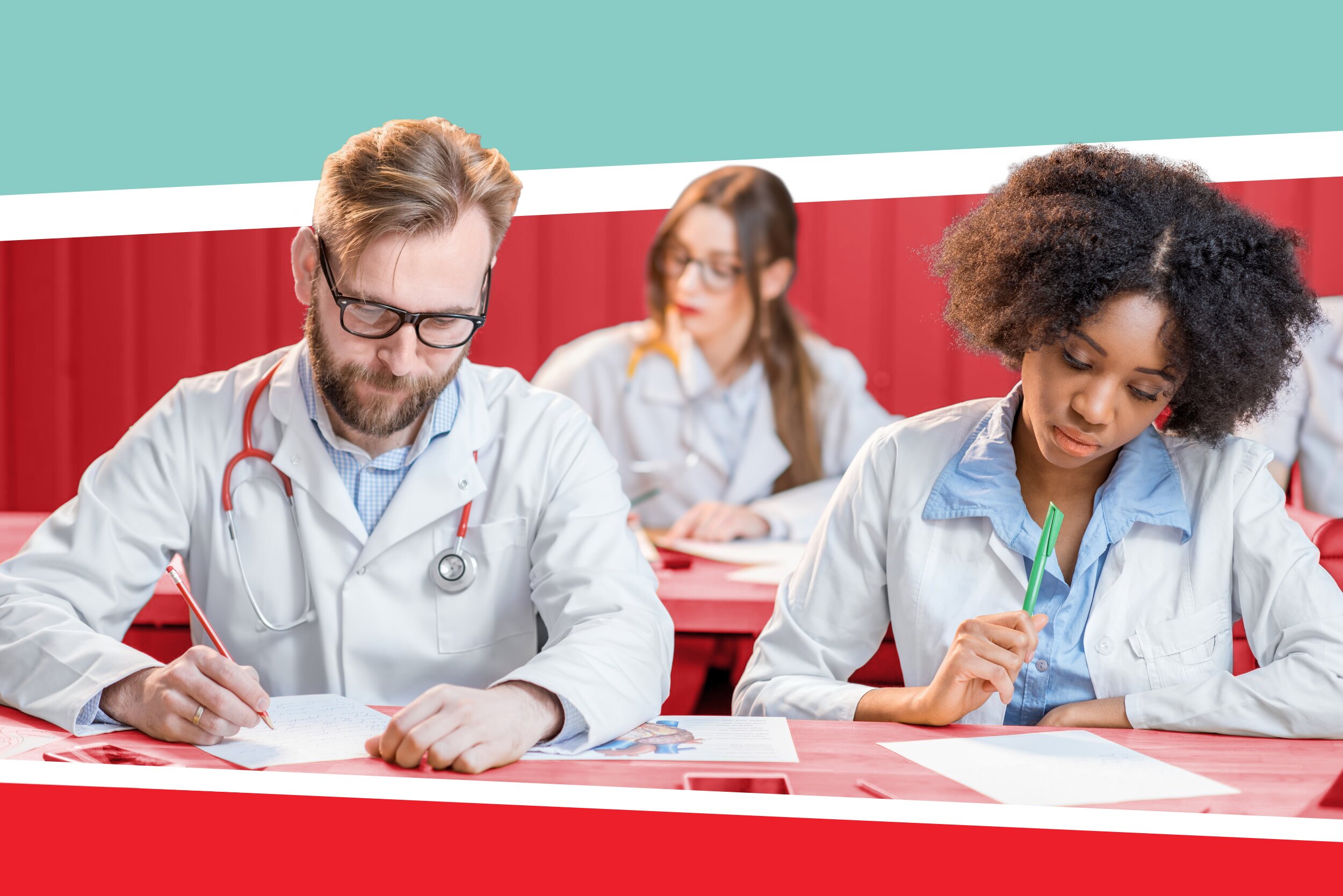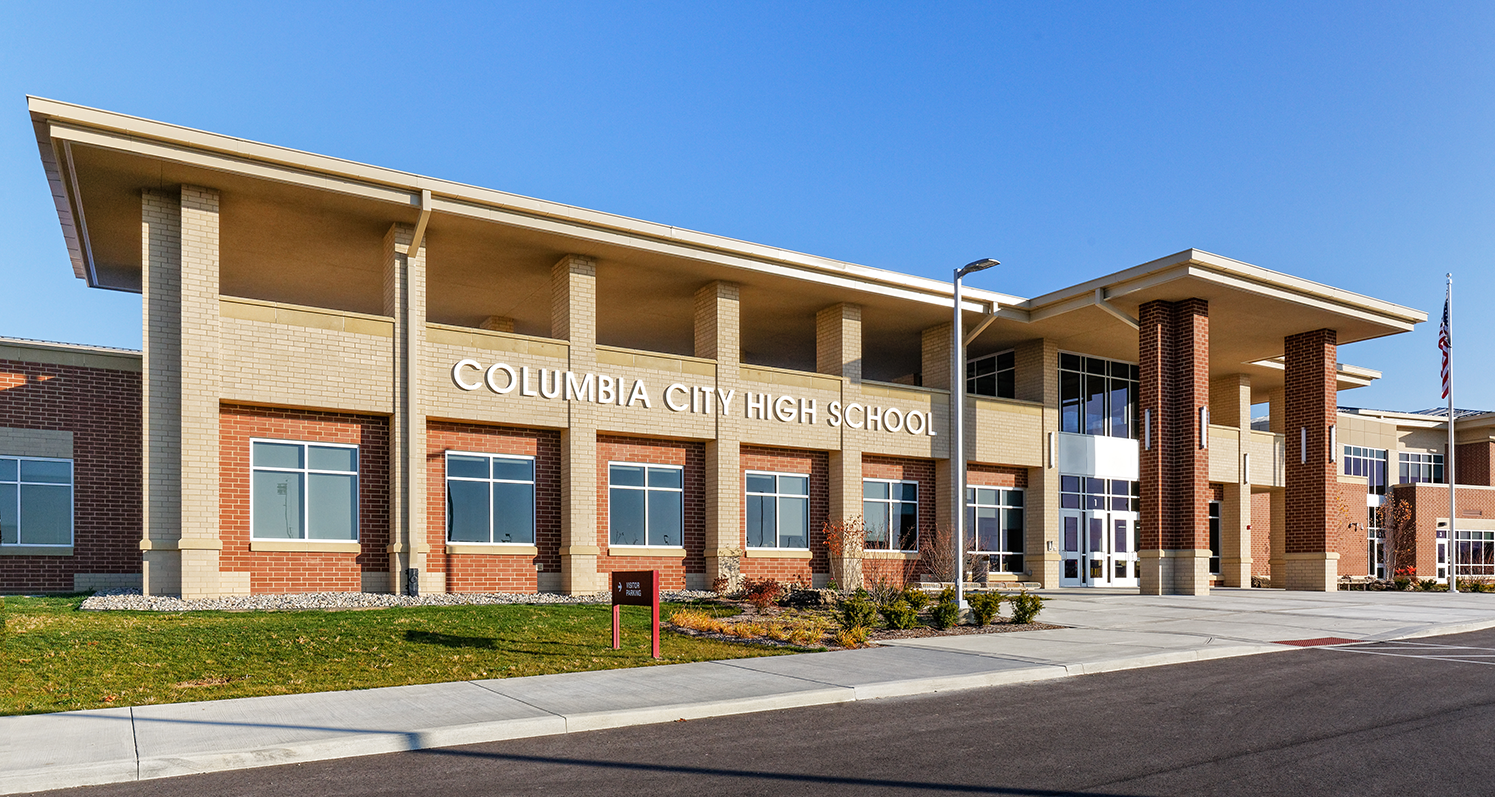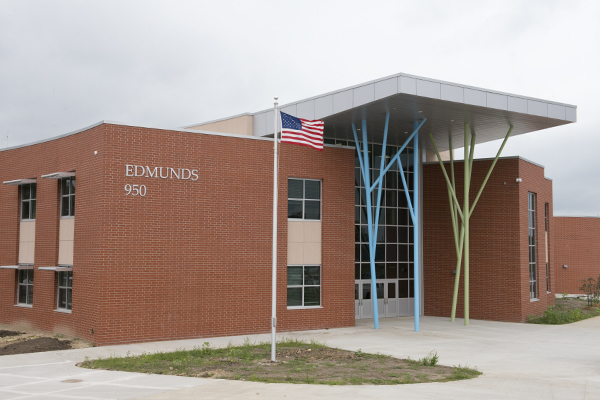Just How Schools Play an Essential Function in Shaping Future Leaders and Trendsetters
Institutions contribute fit future leaders and pioneers through the growing of important reasoning, creativity, and collaboration. By integrating project-based understanding and interdisciplinary research studies, universities test trainees to examine and manufacture complicated information. Teachers serve as mentors, leading pupils and nurturing their capacity, while after-school activities even more develop leadership skills and strength. This dynamic setting not only concentrates on private toughness but additionally highlights the relevance of team effort, crucial for navigating tomorrow's challenges. Just how precisely do these elements interaction to produce a durable foundation for future success?
Cultivating Critical Thinking
In today's quickly advancing globe, fostering important believing within schools has actually ended up being vital. As culture faces increasingly complex worldwide challenges, the capability to analyze, examine, and manufacture info is essential. Institutions play a vital function in developing these skills, preparing trainees to browse and deal with complex issues with educated, reasoned choices.
To cultivate important reasoning, instructors use various instructional techniques that encourage energetic learning and intellectual involvement. Class discussions, problem-based understanding, and Socratic questioning contribute in promoting reflective and analytical mind. By testing students to interrogate assumptions and think about multiple perspectives, these methods guarantee a much deeper understanding of subject matter beyond rote memorization.
Furthermore, incorporating crucial thinking across the educational program strengthens its significance and applicability in varied contexts. Subjects such as mathematics, science, background, and literary works each offer unique opportunities to create trainees' crucial professors. Assessing historic occasions needs examining resources and understanding context, while clinical inquiry demands strenuous theory screening and evidence-based reasoning.
Eventually, instilling vital believing abilities in students furnishes them with the cognitive tools needed for long-lasting learning and flexibility. It is with this foundational competence that future leaders will certainly have the ability to innovate, address issues, and add meaningfully to culture.
Encouraging Creative Thinking
Accepting creativity within academic structures galvanizes students to think beyond traditional borders and explore ingenious options. By integrating artistic undertakings and creative reasoning exercises into the educational program, colleges cultivate an environment where creativity and imaginative thought are valued. This approach not only enhances the educational experience but also equips pupils with the capability to deal with real-world challenges in novel means.
Educational organizations can cultivate creative thinking via diverse ways such as project-based discovering, interdisciplinary studies, and the incorporation of arts and technology. Project-based knowing, as an example, urges trainees to apply their knowledge in sensible, often joint, projects that require inventive problem-solving skills. Interdisciplinary studies permit pupils to attract connections in between various subjects, therefore expanding their point of views and improving their creative capacities.
Additionally, supplying trainees with possibilities to involve with emerging innovations, such as coding and electronic style, even more supports their innovative capacity. These activities prompt pupils to experiment, fall short, and repeat, which are vital elements of the creative procedure (Save Temecula Schools). By keeping an encouraging atmosphere where testing is encouraged, schools can make certain that pupils establish the confidence to go after innovative ideas
Basically, supporting imagination in instructional settings is important for forming future leaders and innovators qualified of addressing intricate worldwide concerns with resourcefulness.
Promoting Collaboration

Implementing group-based knowing components and participating jobs allows students to experience the characteristics of team effort firsthand. This not just prepares them for the collective nature of contemporary offices but additionally nurtures leadership high qualities as they frequently need to tackle functions such as task supervisors or group organizers. In addition, cooperation in the class can break down social barriers Save Temecula Schools and promote inclusivity, making certain that each pupil really feels valued and listened to.
Furthermore, integrating technology can additionally support collaborative efforts. Tools like shared interactive platforms and electronic work spaces allow pupils to collaborate successfully, also outside the classroom. As students create these collective skills, they are much better outfitted to deal with complicated challenges and introduce, laying the groundwork for their future functions as leaders and trendsetters.
Role of Educators as Advisors

Mentorship includes personalized interest, where educators determine and nurture private toughness and address weak points. Save Temecula Schools. Through individually communications, instructors can tailor their guidance and assistance to meet each pupil's unique requirements, cultivating a sense of self-confidence and resilience. This individualized strategy cultivates a growth way of thinking, motivating pupils to view failures as possibilities for finding out and development
Moreover, teachers function as good example, showing the worths of empathy, perseverance, and integrity. Their actions and mindsets supply a blueprint for trainees to imitate, instilling a sense of honest obligation and social awareness. By creating a comprehensive and supportive class setting, instructors make it possible for pupils to create interpersonal skills that are essential for efficient management.
Essentially, the mentorship given by teachers lays a fundamental framework for the development of future leaders, outfitting them with the knowledge, abilities, and values required to visite site stand out in an ever-evolving world.
Effect of Extracurricular Tasks
When integrated successfully into the academic framework, extracurricular tasks substantially boost pupil development and management potential. These activities offer pupils with chances to check out interests beyond the standard educational program, fostering a well-rounded skill set.
In addition, extracurricular involvement motivates creative thinking and development. Pupils took part in debate, dramatization, or songs clubs discover to believe critically and technique troubles from varied viewpoints. These experiences instill confidence, allowing students to voice their ideas and take effort in various settings. By working together with peers from different histories, pupils additionally view create empathy and communication skills, crucial attributes for future leaders.
Research study shows that trainees entailed in such programs tend to have greater grades and much better presence records. Hence, institutions that focus on a balanced technique to education and learning, incorporating robust extracurricular programs, are extra likely to produce trendsetters and leaders furnished to fulfill the challenges of the future.

Final Thought
In final thought, schools significantly shape future leaders and trendsetters by supporting critical thinking, creativity, and cooperation amongst pupils. By cultivating a helpful atmosphere that values private staminas and synergy, schools equip students with the necessary abilities to navigate future difficulties and drive technology.
As trainees develop these collaborative abilities, they are much better equipped to take on complex obstacles and introduce, laying the groundwork for their future roles as trendsetters and leaders.
By promoting vital reasoning and problem-solving abilities, instructors assist pupils browse complicated challenges, preparing them for management duties in different fields.
By working together with peers from various backgrounds, students additionally create empathy and communication abilities, essential characteristics for future leaders.
In final thought, institutions considerably form future leaders and trendsetters by nurturing critical reasoning, creativity, and cooperation among students. By cultivating an encouraging setting that values private staminas and synergy, institutions outfit pupils with the required skills to navigate future challenges and drive innovation.